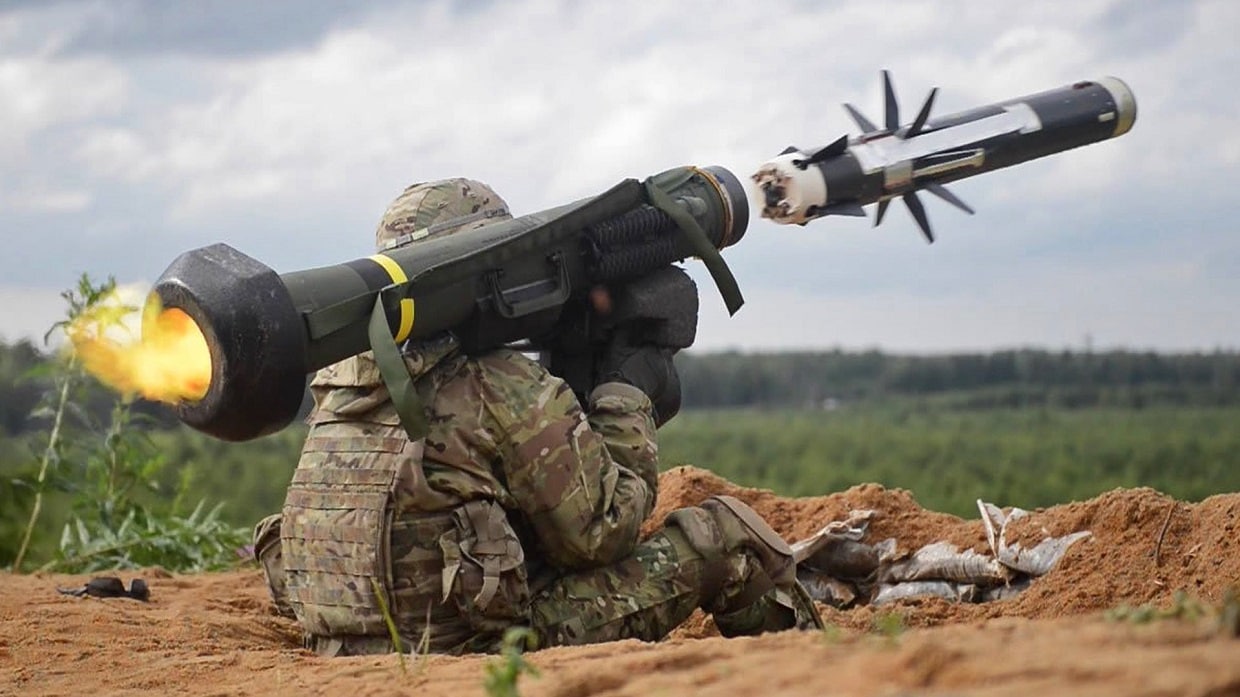Hungarian Prime Minister Viktor Orban, who won a fourth term as leader in the country’s national elections last week, said on Wednesday that he had spoken at length with Russian President Vladimir Putin and called on him to immediately declare a ceasefire in Ukraine.
Speaking at a press conference, Orban said that he had invited the Russian president to engage in talks with the presidents of France and Ukraine, as well as the chancellor of Germany, to bring an end to the conflict. While he expressed that Putin’s response to the idea was “positive,” he explained that the Russian president has a number of “preconditions” that must be met before such a meeting goes ahead.
“I suggested to President Putin that he should announced a ceasefire immediately,” he said.
“The response was positive but the Russian president said this had conditions…I cannot negotiate to meet those conditions – it should be him and the Ukrainian president agreeing on those.”
What Are Putin’s Conditions?
On March 17, Russian President Vladimir Putin called Turkish President Recep Tayyip Erdogan and laid out his demands for a peace deal with Ukraine.
While it is unclear what Putin’s latest preconditions to meet with the Ukrainian president are, the demands he laid out to the Turkish president are likely along similar lines.
In an interview with the BBC in March, Ibrahim Kalin, a top advisor and spokesman for the Turkish president, laid out the demands that Putin made – and explained how they fell into two categories.
The first four demands made by the Russian president, Kalin said, are easy for Ukraine to agree to. Among them were requirements that Ukraine refrains from joining NATO, undergo a disarmament process to ensure that Ukraine was not a threat to Russia, and identify the Russian language in Ukraine. There was also the so-called “Denazification” measure pushed by Putin since the beginning of the war, which inaccurately suggests that Ukraine’s government and society are influenced heavily by neo-Nazis and white supremacists.
1945 has reported on why these claims are false.
While Kalin argued that these four requirements are easy for Ukraine to meet – and Zelenskyy has already agreed that Ukraine will not join NATO – it’s hard to imagine how Ukraine could possibly agree to “denazification” without first admitting to the false assertion from Russia that Ukraine is fundamentally influenced by Neo-Nazism.
Other demands outlined by the Russian president, Kalin said, could be even more difficult to achieve. While he did not detail the specifics of these other demands, he did say that Putin insisted that they could only be agreed upon in a face-to-face meeting with Ukrainian President Volodymyr Zelenskyy.
Jack Buckby is a British author, counter-extremism researcher, and journalist based in New York. Reporting on the U.K., Europe, and the U.S., he works to analyze and understand left-wing and right-wing radicalization, and reports on Western governments’ approaches to the pressing issues of today. His books and research papers explore these themes and propose pragmatic solutions to our increasingly polarized society.

